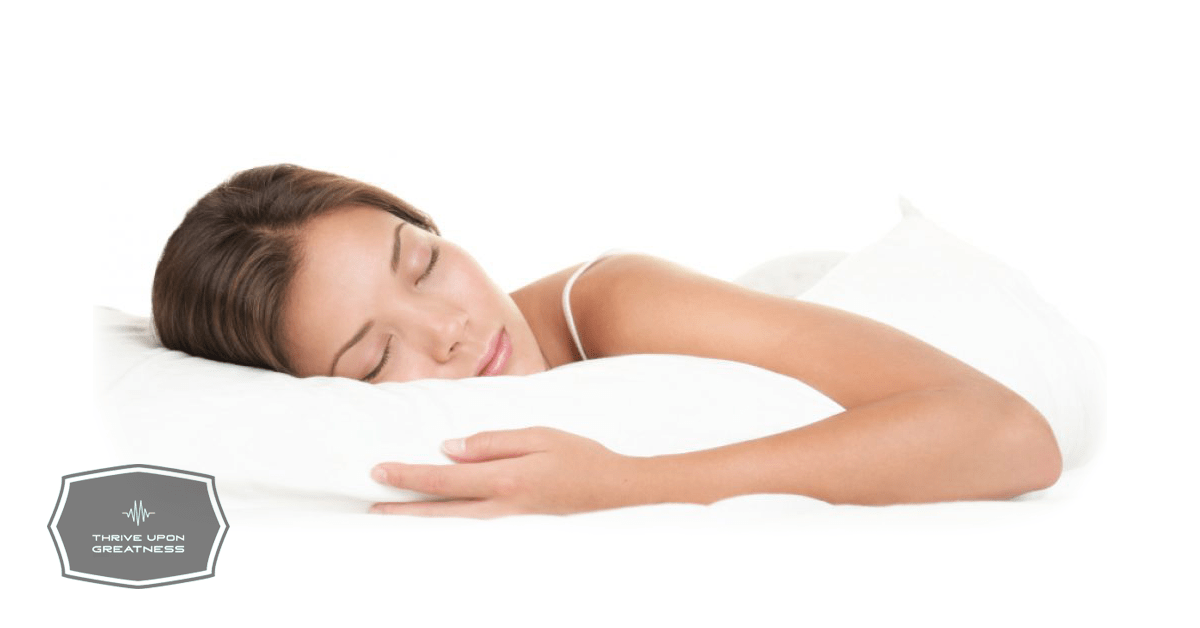Sleep is such a vital component to your health. It is involved in repairing stages of broken down muscle fibers while allowing to reduce stress along with strengthening the immune system and improving your cognitive ability.
There are two types of sleep; Raped Eye Movement (REM) and Non- Rapid Eye Movement (Non-REM). Non-REM is the stage from wakefulness to sleep; it is in its third stage that is required for a person to feel refreshed the next day as this is where the recovery processes take place. REM is mostly where dreams take place.
The negative impact of sleep deprivation towards your weight loss goal
Sleep deprivation disrupts hormones such as raising the levels of ghrelin; this is the hormone that stimulates appetite. It also lowers the levels of leptin which is the hormone that suppresses appetite.
Sleep deprivation can also negatively impact your goals by decreasing your recovery and energy levels resulting in you not performing at your best; this will mean not burning as much calories as planned or not gaining the strength that you hope to.
Ways of Improving sleep quality
1. Reduce blue light exposure before bed; this can be done by wearing blue light blocking glasses while being on your phone and try stop watching t.v. at least 90 minutes before bed.
2.Try sleeping at consistent times; your body has a circadian rhythm which functions on a loop, aligning itself with sunrise and sun set. Being consistent with sleep and waking times can aid long-term sleep quality.Try to wake up at the end of your sleep cycle to prevent you from feeling groggy. A sleep cycle lasts 90 minutes and you should aim for at least 5 a night resulting in 7.5 hours and on average it takes 30 minutes to fall asleep totaling up to your 8 hours. So if you are going to bed at 11pm aim to get up at 7am to promote you feeling fully recovered.
3. Exercise regularly; physical activity increases your time spent in deep sleep. This is stage where controlling stress and anxiety along with boosting your immune system and supporting your cardiac health takes place. Overall promoting great health.
4. Don’t consume caffeine late in the evening; Caffeine is a great way to enhance energy, focus and sports performace however caffeine can stay elevated in your blood for 6-8 hours resulting in your nervous system not being able to relax.
5. Consider supplementation; There are several supplements that can promote relaxation and help you sleep such as Magnesium, Glycine, L-theanine, lavander and most importantly melatonin- it is a key sleep hormone that allows your brain to know when its time to relax allowing you to fall asleep faster.
6. Take a warm shower at the start of your night routine; when your body temperature cools- it signals to your brain to release melatonin and prepare for sleep. During the shower, your body heats up due to the water however once you get out, the water quickly evaporates from your skin and lowers body temperature. Taking a shower at this time can also let you disconnect from your phone or T.V.
Other articles you may like:




